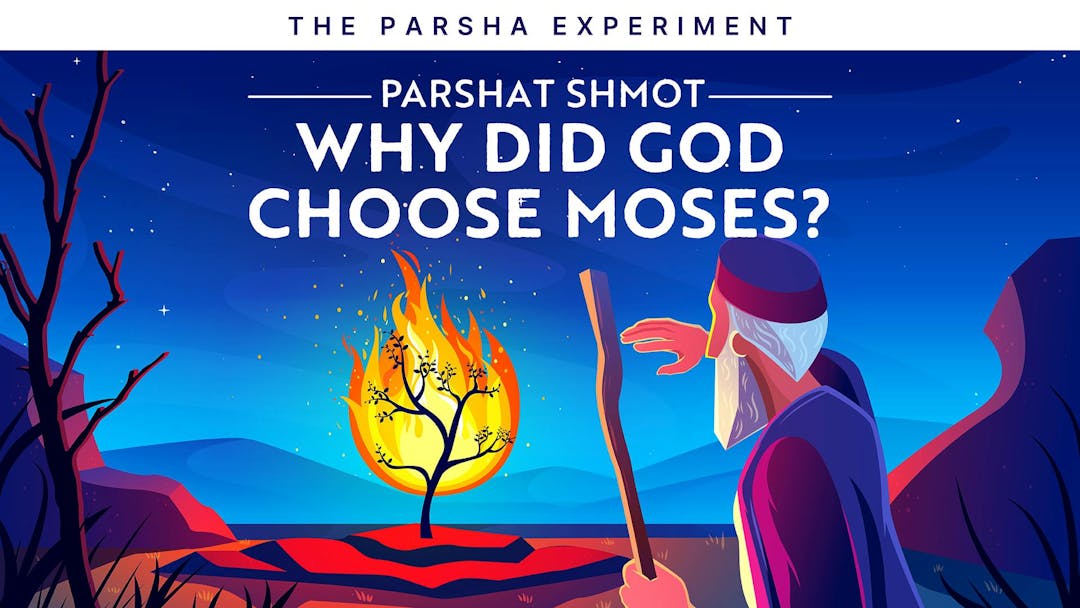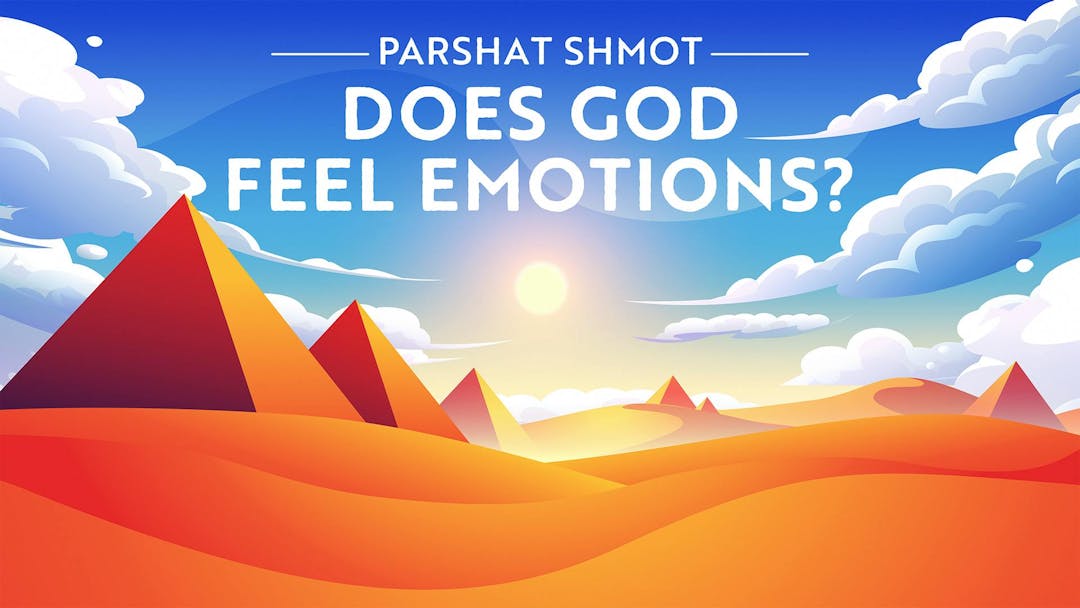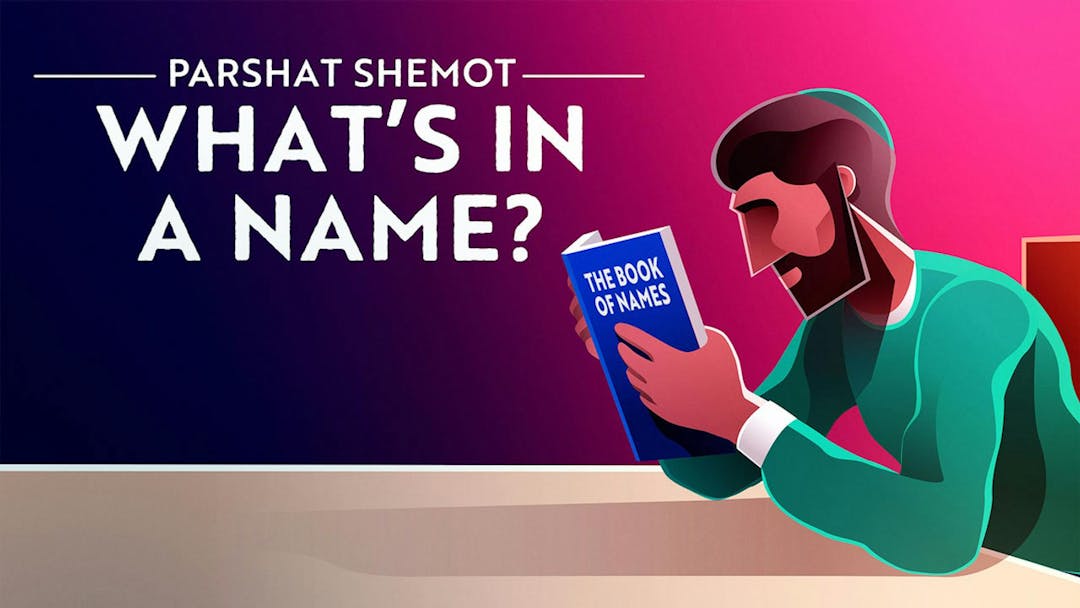Start your free trial today to unlock the full library and enjoy unlimited and uninterrupted access.
Get StartedThe "Magic" Arm of Pharaoh's Daughter
How Does Midrash Work?
Welcome the book of Exodus! In this video, we explore the strange midrash in which the arm of Pharaoh's daughter stretched through the river to save Moses.
Why do the Sages tell us such an odd story? Rabbi Fohrman argues that we need to put ourselves into the eyes of Pharaoh's daughter, and help us see that when we want to achieve something, God will help us find a way to do it.
Want to watch the full video for free?
Enter your email and we’ll send you a link to watch the full series free.
What is Aleph Beta?
Aleph Beta is a unique kind of Torah library. Led by our founder, Rabbi David Fohrman, we are dedicated to high-level, textual Torah learning for adults that is intellectually and spiritually sophisticated, that enlivens your Jewish practice and helps you forge a deeper connection to God. Whether you’ve been learning in yeshiva for years or you’re just beginning your Torah journey, you’re sure to find something meaningful and surprising waiting for you here.
Browse our library of over 1,000 beautifully produced animated videos, podcasts, deep dive courses, and printable guides. Topics include the weekly parsha, Jewish holidays & fast days, laws & mitzvot, prayers, relationships, big philosophical ideas and more. Have something to say at the Shabbos table that will amaze your family and guests and bring deep meaning into their lives.











